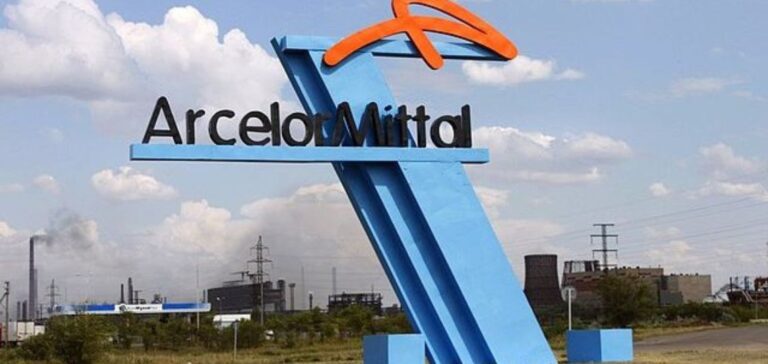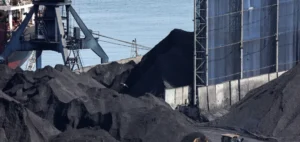At least two people died in Kazakhstan in a fire at an ArcelorMittal coal mine, announced the authorities on Friday, who regularly criticize the global steel giant for repeated accidents.
Mining tragedy in Kazakhstan: Two bodies found, three miners still missing
“Rescuers have found two bodies and are continuing the search for three other miners” still missing more than 24 hours after the fire broke out, said in a statement the regional administration of Karaganda, a mining region in the center of this Central Asian country where the accident took place.
This information was confirmed by ArcelorMittal, quoted by Kazakh news agencies. On Thursday morning, 227 people were in the mine when a conveyor belt caught fire 170 meters underground. 222 miners were quickly evacuated, and eleven of them are “still hospitalized”, according to the regional administration.
ArcelorMittal operates some fifteen plants and mines in this extremely polluted industrial zone of this vast, resource-rich former Soviet republic. The Group is regularly criticized by Kazakhstan for failing to comply with safety and environmental standards. After yet another fatal accident at ArcelorMittal in December, Kazakh President Kassym-Jomart Tokayev denounced the “systemic nature” of accidents involving the group, which have cost the lives of “more than a hundred people since 2006”.
In response, the Kazakh government had even threatened to ban the group, a warning reiterated on Thursday, according to a statement published on the presidential website. Kazakhstan, Central Asia’s largest economy, is rich not only in oil and gas, but also in uranium, manganese, iron, chromium and coal.






















